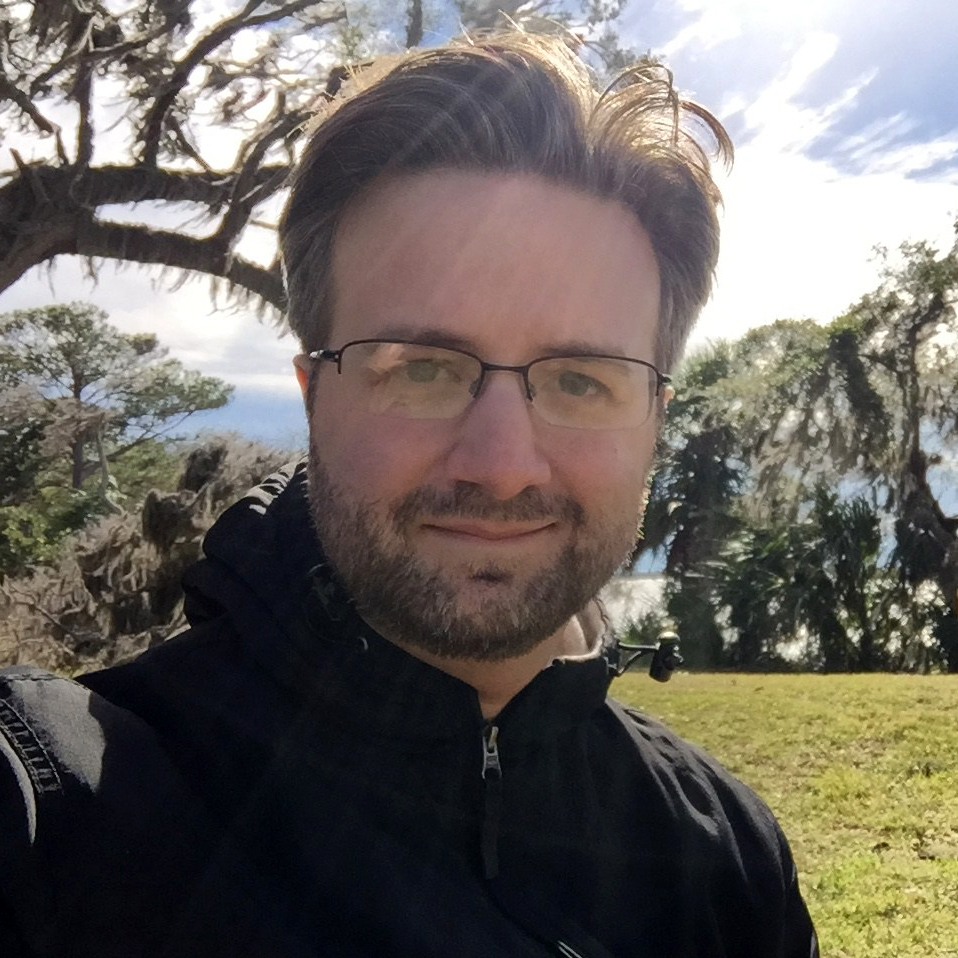
David S. Wisener
David S. Wisener is the founding pastor of Redeemer Free Methodist Church in High Springs, Florida, and the author of “Lost the Plot: Finding Our Story in a Confusing World” from which this article is adapted. He is bi-vocational and also works as the economic development manager for the city of Alachua, Florida. He lives in Alachua with his teenage daughter, Naomi. He has spent the majority of his life within the United Methodist Church but recently was drawn to the Free Methodist Church. He is a graduate of the University of Florida with a bachelor’s degree in political science, and he is currently pursuing a master’s degree from Asbury Theological Seminary.
By David S. Wisener
“Give thanks in all circumstances; for this is God’s will for you in Christ Jesus” (1 Thessalonians 5:18).
“Always giving thanks to God the Father for everything, in the name of our Lord Jesus Christ” (Ephesians 5:20).
“Consider it pure joy, my brothers and sisters, whenever you face trials of many kinds, because you know that the testing of your faith produces perseverance” (James 1:2–3).
“But I, with shouts of grateful praise, will sacrifice to you. What I have vowed I will make good. I will say, ‘Salvation comes from the Lord’” (Jonah 2:9).
Psychologically speaking, what we perceive to be real is, for our minds, real. It’s unfortunate if we believe we can walk through traffic without getting hit by a car, but that is where actual reality can uncomfortably confront our sometimes-misguided mental reality.
_
“I’ve been told on good authority that one of my stumbling blocks is a belief deep within my heart that God isn’t actually good.”
_
I’m at a point in my Christian faith where I can relate to St. Augustine’s classic prayer from his “Confessions”: “Our hearts are restless, O God, until they find rest in Thee.” I’ve been floundering there for a while, trying to find this rest.
I’ve been told on good authority that one of my stumbling blocks is a belief deep within my heart that God isn’t actually good. And supposedly when I receive more evidence of His goodness in my life, I will be able to accept this at a deeper level.
The thing is, I think that evidence has been there all along, but it’s just not clicking with my heart. I’m just not very grateful. I’m not sure why.
I guess a good question is: Should I be grateful? I actually think I should be. But I’m not. I’ve done the thing where you make a list of all the stuff you ought to be grateful for in life, and it is a humbling experience that highlights the many things I’m prone to shove out of my conscious mind and take for granted. But it hasn’t changed my attitude.
Bertrand Russell, an English philosopher who wrote a lot about his atheism, was once asked what he would say to God upon death if it is found out that He is real. As quoted in “An Introduction to the Philosophy of Religion” by Michael J. Murray and Michael C. Rea, he said he would reply, “Not enough evidence, God! Not enough evidence!”
_
“What in the world would constitute enough?”
_
Which begs the same question regarding my gratefulness — what in the world would constitute enough? We can have an idea in our minds of what that would be, but if we are prone to disbelief, it’s likely — given time — that we will push the line that defines enough further out once we’ve crossed it.
So, about gratefulness and my perception. The uncomfortable thought I’m having is … maybe it’s time I just choose it. Maybe when something good happens, no matter how small, I should make myself express gratitude to God. Even though I think that’s a stupid thing to do. Even though I don’t want to.
And I think I can let myself still complain when bad things happen. I just need to balance it with the proper attention due the good things. The things that are good that are so easy to ignore: waking up every day, taking another breath, having another heartbeat, seeing my daughter, feeling the sun on my skin.
Maybe that’s the way to get my mind where it ought to be.
+
_

David S. Wisener
David S. Wisener is the founding pastor of Redeemer Free Methodist Church in High Springs, Florida, and the author of “Lost the Plot: Finding Our Story in a Confusing World” from which this article is adapted. He is bi-vocational and also works as the economic development manager for the city of Alachua, Florida. He lives in Alachua with his teenage daughter, Naomi. He has spent the majority of his life within the United Methodist Church but recently was drawn to the Free Methodist Church. He is a graduate of the University of Florida with a bachelor’s degree in political science, and he is currently pursuing a master’s degree from Asbury Theological Seminary.









